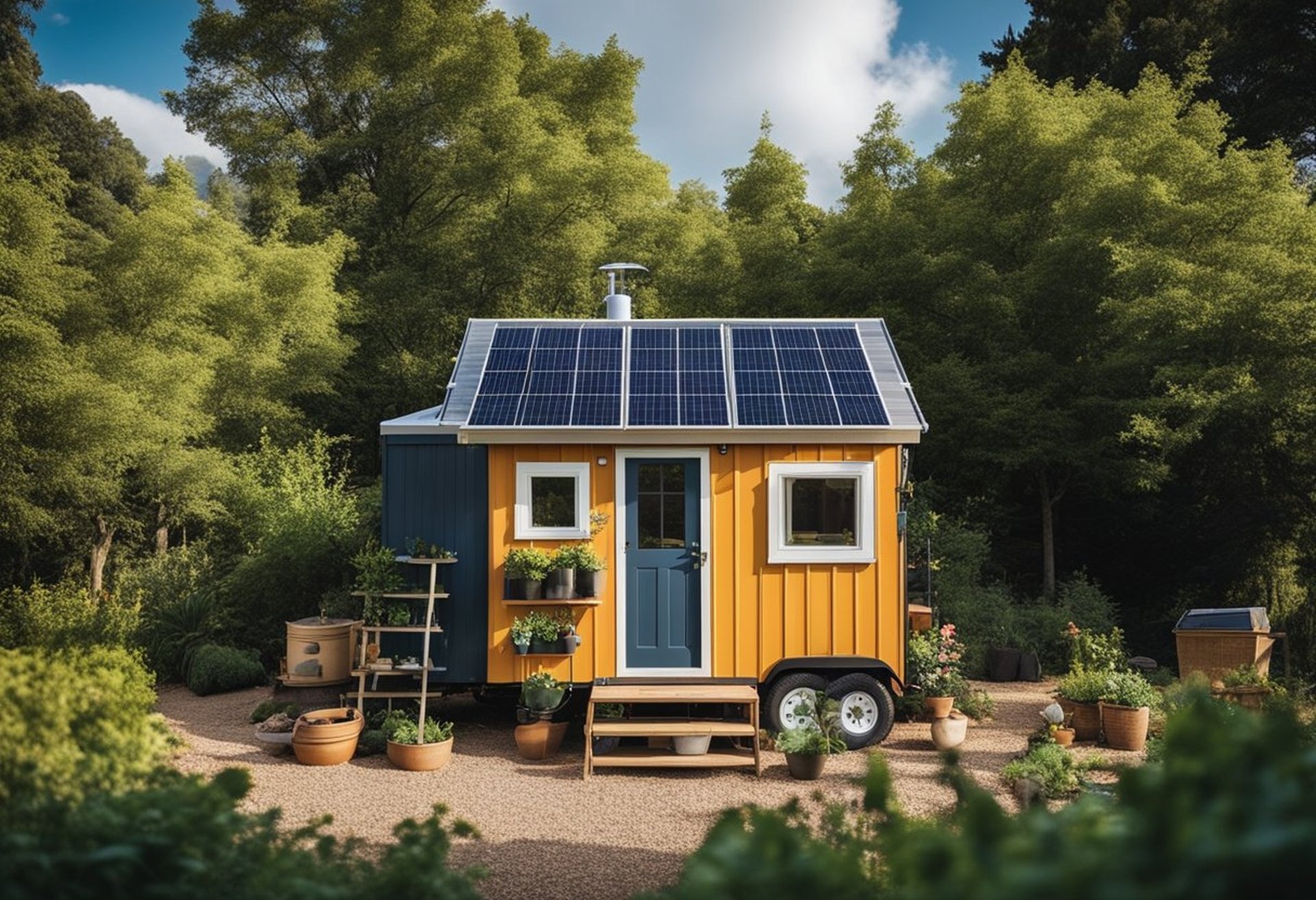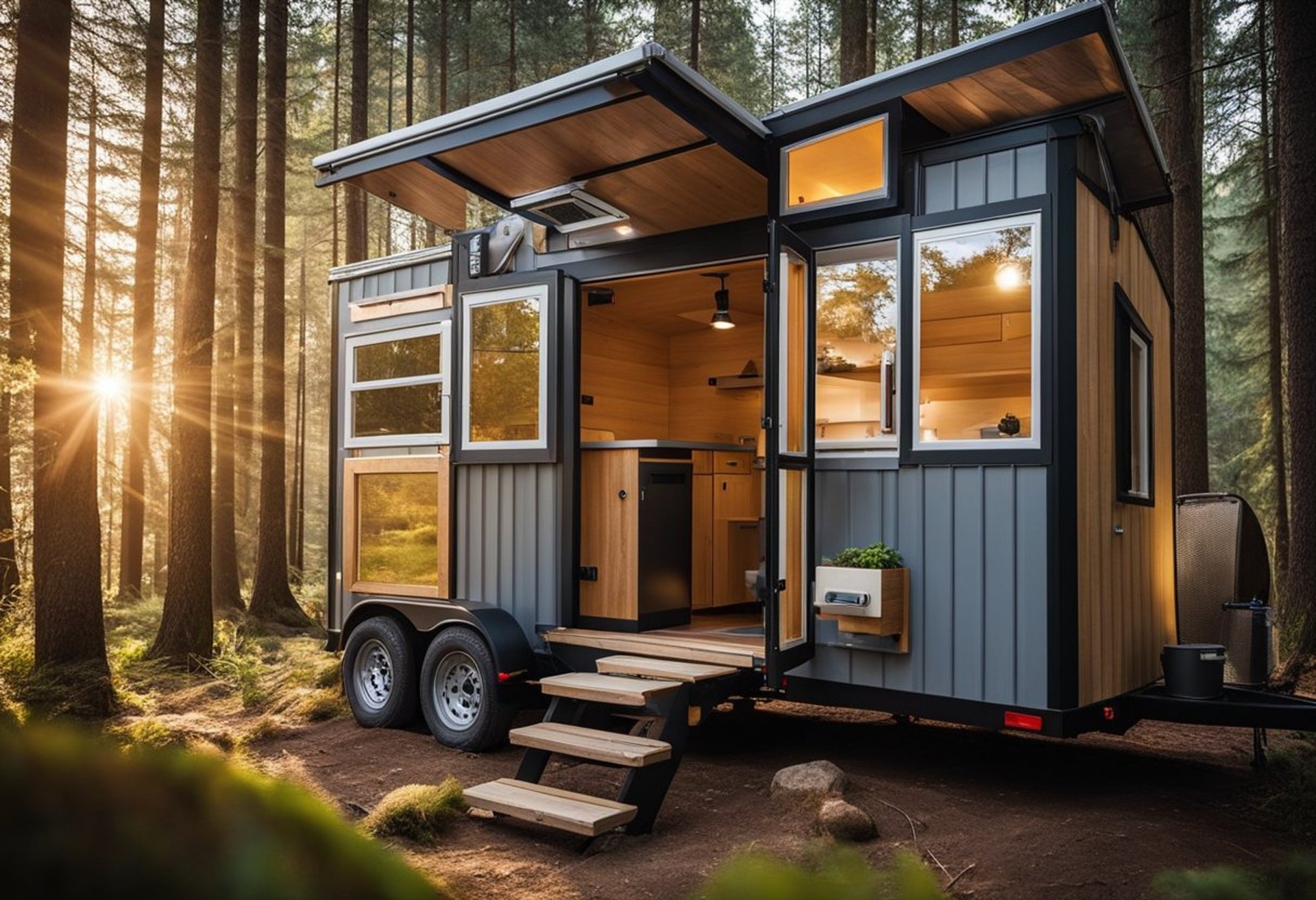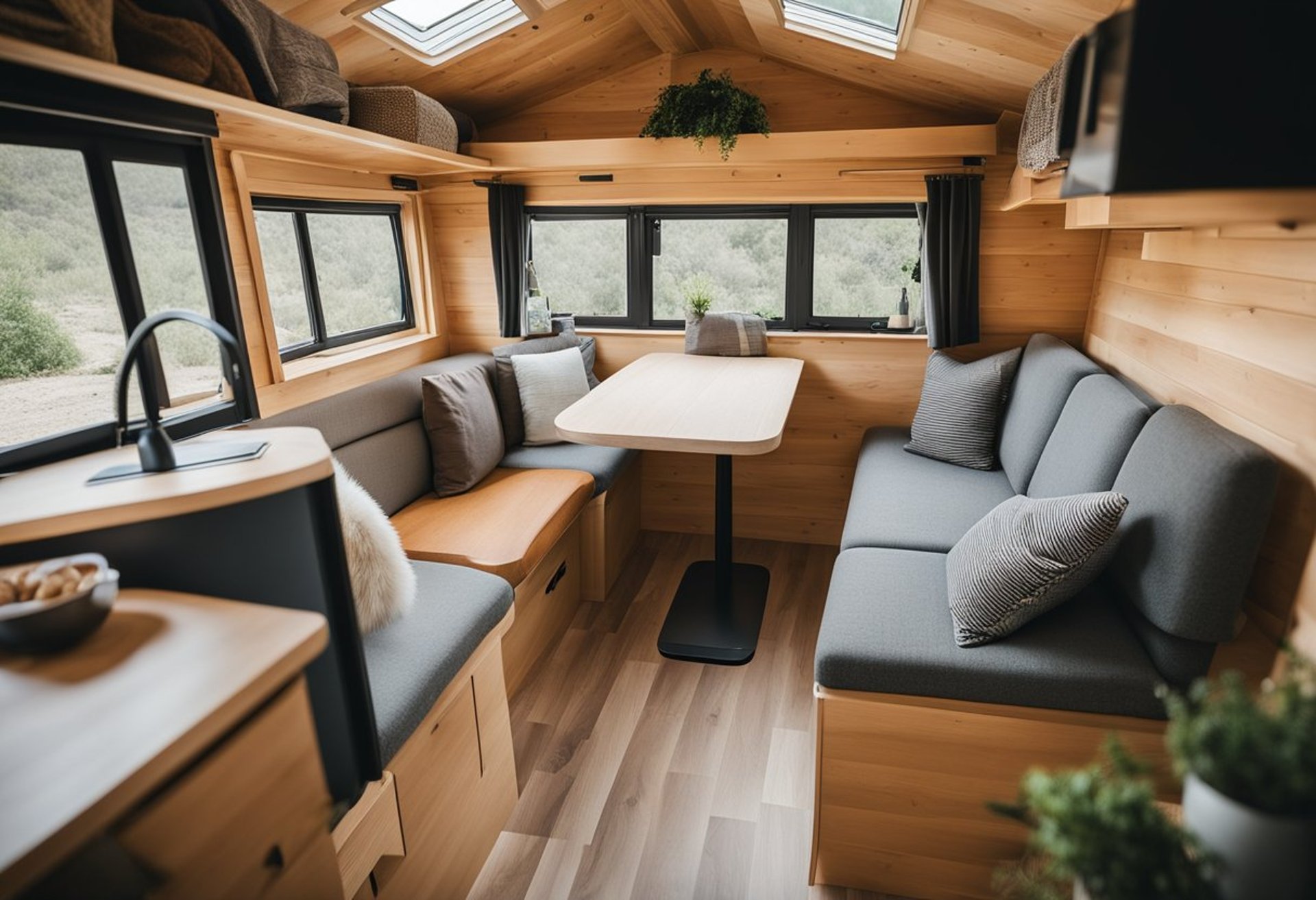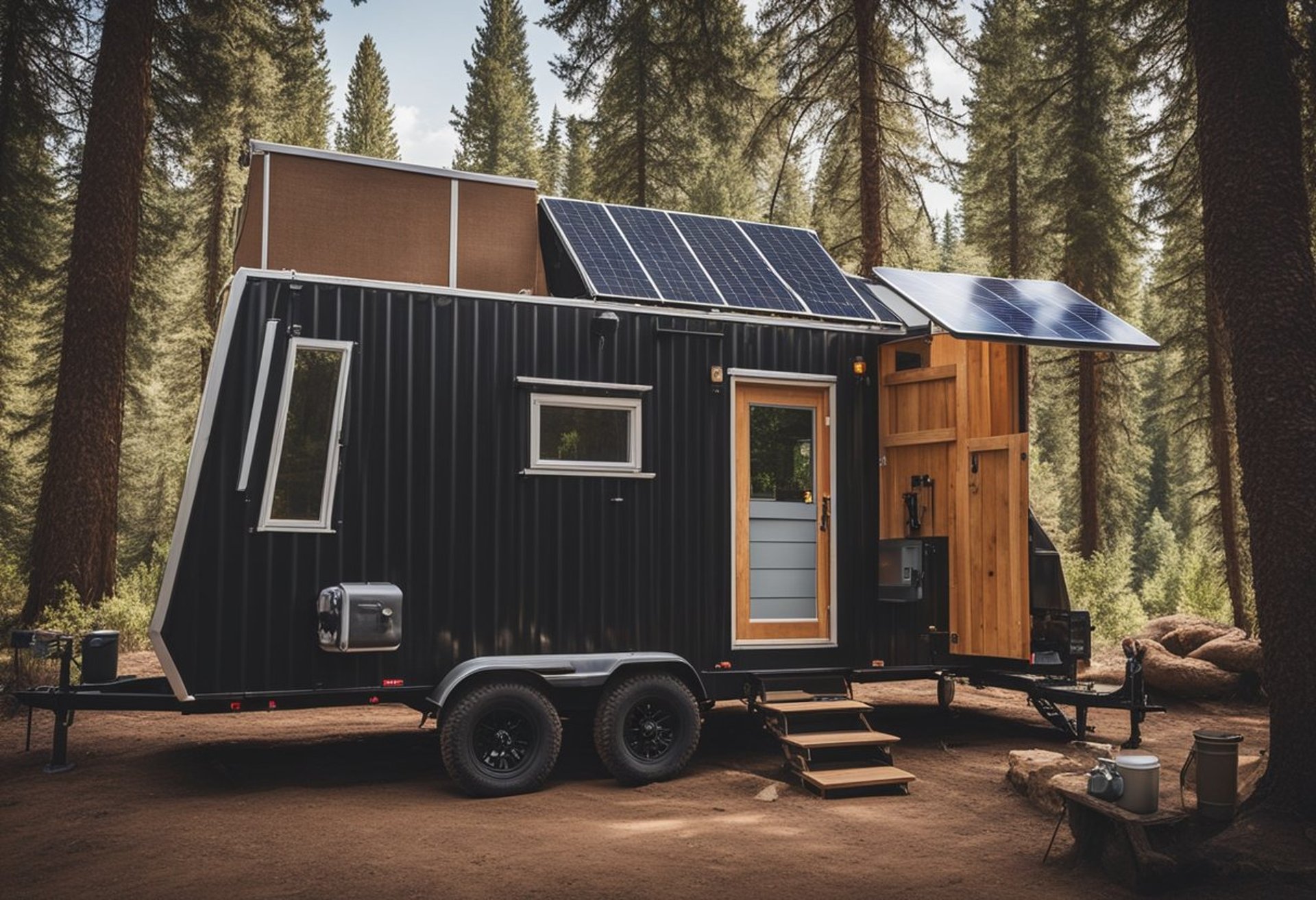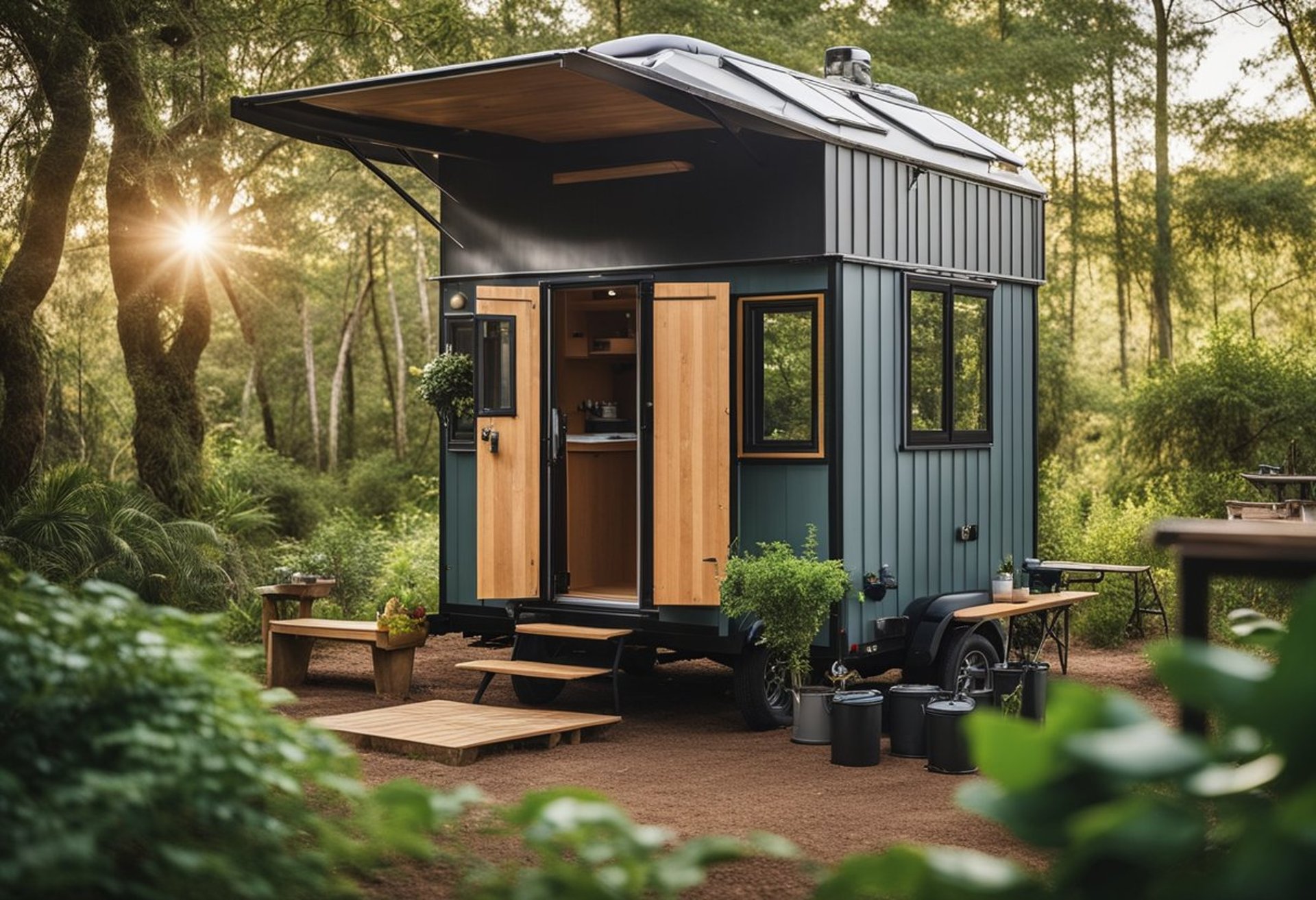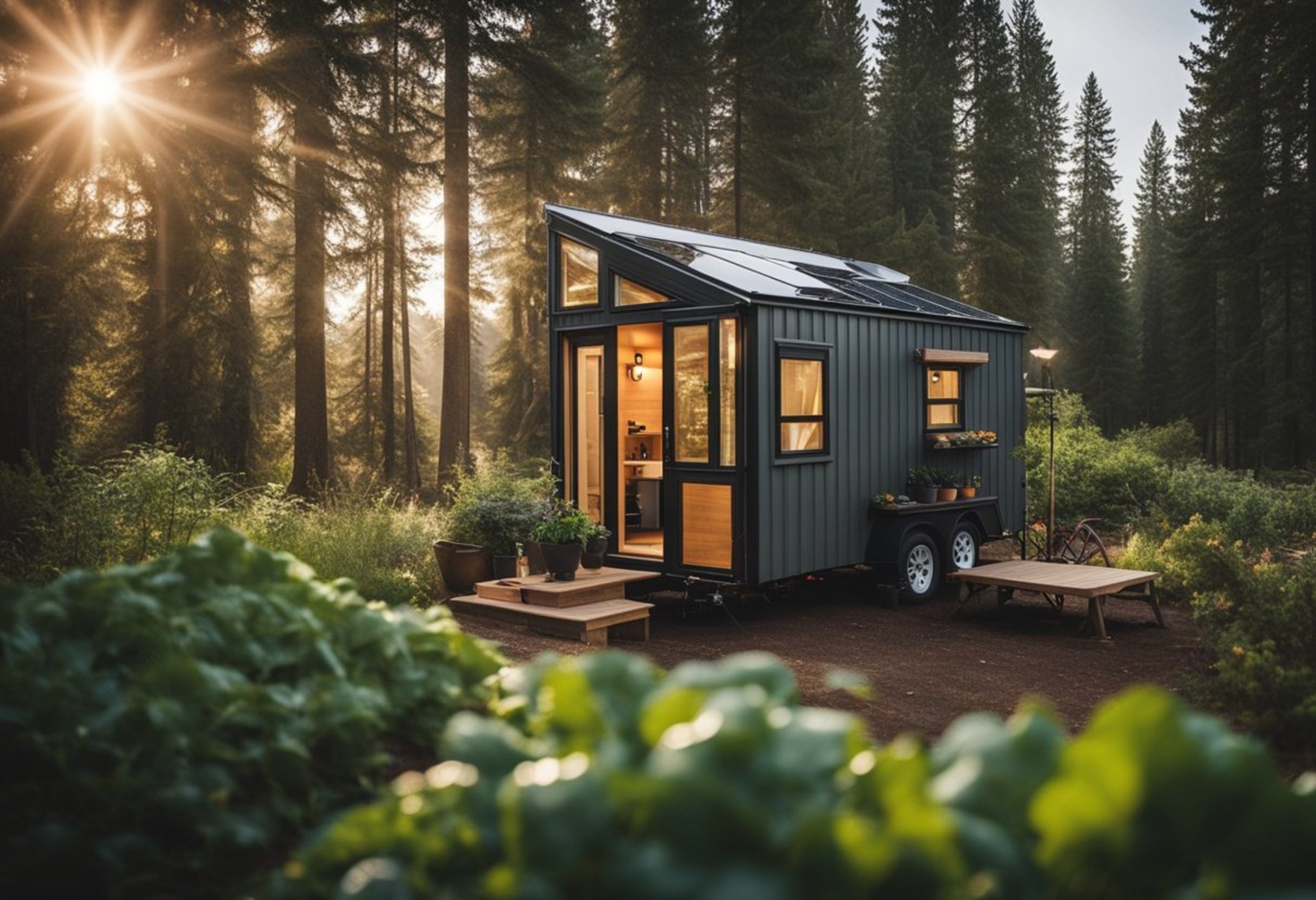7 ways to live Off Grid in a Camper
Living off-grid in a camper is an exciting way to experience freedom and adventure while minimizing your ecological footprint. The camper lifestyle provides the ability to travel and explore, all while being self-sufficient. However, to make the most of this lifestyle, proper planning and smart strategies are essential. Here are seven effective ways to live off-grid in a camper successfully.
7 Ways to Live Off-Grid in a Camper
Living off-grid in a camper is an exciting way to experience freedom and adventure while minimizing your ecological footprint. The camper lifestyle provides the ability to travel and explore, all while being self-sufficient. However, to make the most of this lifestyle, proper planning and smart strategies are essential. Here are seven effective ways to live off-grid in a camper successfully.
1. Harness Solar Power
One of the most critical components of off-grid living in a camper is a reliable power source. Solar power is an ideal solution, as it’s renewable, sustainable, and readily available, especially in sunny areas. Invest in quality solar panels and batteries to store energy for nighttime use. Make sure to calculate your power requirements so that your system can supply enough energy for your lights, appliances, and other electrical needs. Solar power can make your camper self-reliant, eliminating the need for constant hookups or generators.
2. Manage Water Resources Wisely
Living off-grid requires careful water management, as you won’t have the luxury of unlimited tap water. Install a large freshwater tank to store potable water, and always carry portable water filters to purify water from natural sources if needed. Minimize water consumption by using low-flow faucets and showerheads, collecting rainwater when possible, and reusing greywater for cleaning or other non-drinking purposes. Being mindful of your water supply ensures you can stay off-grid longer without needing to refill.
3. Use Propane for Heating and Cooking
Propane is a versatile and convenient fuel source for off-grid campers. You can use propane to run your stove, heater, and even a refrigerator, reducing reliance on electricity. Invest in propane cylinders and learn to manage your usage efficiently. During colder months, propane heaters can provide warmth, and propane-powered stoves make cooking easy. Propane is also widely available, making it a practical choice for off-grid living.
4. Set Up Efficient Waste Management Systems
Proper waste management is crucial for off-grid camper living. Start by using a composting toilet to reduce water usage and eliminate the need for black water disposal. Composting toilets break down waste into compostable material and are easy to maintain. For greywater, install a filtration system to allow for responsible disposal. Always follow Leave No Trace principles when disposing of waste to protect the environment and ensure you leave nature as beautiful as you found it.
5. Stay Connected with Communication Devices
Even when living off-grid, it’s essential to have reliable communication, especially for emergencies. Consider investing in a satellite phone or a signal booster to improve cell reception in remote areas. Many off-grid campers also use mobile hotspots or signal amplifiers to maintain an internet connection for work or staying in touch with loved ones. Balancing the off-grid lifestyle with safe communication channels will make your experience more comfortable and secure.
6. Prioritize Energy-Efficient Appliances
To make your off-grid experience sustainable, choose energy-efficient appliances for your camper. Use LED lights instead of traditional bulbs to save energy. A 12-volt refrigerator and other low-power appliances help reduce energy consumption, ensuring your solar power setup is more than adequate. If possible, opt for multi-purpose tools, such as a stove that can also function as a heater. Energy efficiency is key to maintaining comfort while living off-grid without needing large power sources.
7. Embrace Minimalism and Adaptability
Living in a camper requires embracing minimalism. Limited space means you need to be mindful of what you bring with you. Keep only the essentials and choose items that serve multiple purposes. Living off-grid also demands adaptability—weather, location, and resource availability will often change, and you must be prepared to adjust. Stock up on non-perishable food, have tools for basic repairs, and be willing to change locations if needed. Minimalism and adaptability help make your off-grid camper lifestyle smoother and more enjoyable.
Living off-grid in a camper is all about self-sufficiency, freedom, and connecting with nature. By harnessing solar power, managing water efficiently, using propane, and choosing energy-efficient appliances, you can create a sustainable off-grid setup. Proper waste management, staying connected, and embracing minimalism will ensure a comfortable and enjoyable camper lifestyle. Whether you're looking for a life on the road or a temporary escape from modern life, off-grid camper living can be an incredibly rewarding way to experience the world on your own terms.

